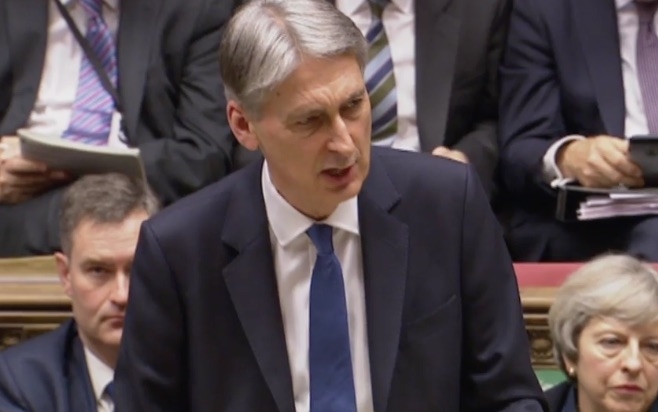The Treasury will drastically reduce the Money Purchase Annual Allowance (MPAA) from £10,000 to £4,000 from today (6 April 2017), the start of the new tax year despite strong opposition from Financial Planners and the industry.
Financial Planners have expressed disappointment that the Chancellor has ploughed ahead with the cut to the MPAA. The government says the move will stop semi-retired people and others abusing pension tax relief rules by ‘recycling’ their pension relief, topping up and withdrawing from their pension regularly post retirement to get more tax relief.
Many professionals working in the pensions sector had called for Chancellor Philip Hammond to abandon the plans completely but he decided to go ahead with the original proposals after a consultation exercise. The Budget confirmed that the MPAA will be cut from £10,000 to £4,000, as originally trailed in the Autumn Statement.
The MPAA restricts the level of pension contributions that can be made by over-55s who have accessed pensions flexibly under pensions freedoms.
Chartered Financial Planner Nicola Watts Chartered FCSI, director of Jane Smith Financial Planning in Olney, was among those unhappy about the change.
She said: “My one hope for the Budget was that this proposal would be scrapped or at least further time given towards consultation on the potential impact of the reduction from £10,000 to £4,000.”
Chartered Financial Planner Carl Lamb APFS, managing director of Almary Green in Norwich, said: “Although this reduction in the MPAA is as expected, there were those who hoped that the Chancellor would reconsider this measure.
“With Government wanting individuals to increasingly take control of their future retirement income, it would have been good to see a reversal of the trend to reduce both the Lifetime Allowance and the MPAA to give those who can save for retirement better options.”
Other industry experts also condemned the move.
Jessica List, pensions technical analyst, Suffolk Life, said: “It’s the worst of both worlds: it makes things less flexible for affected investors and further undermines the public’s trust in pensions, whilst being minor enough that it barely makes a difference to the Government in financial terms.”
David White, Zurich’s managing director of life and pensions, said: “We are disappointed the Government is moving ahead with its plan to reduce the Money Purchase Annual Allowance. Continual tinkering with pensions causes confusion among consumers and makes it hard for them to make long-term decisions for their retirement.”
David Robbins, senior consultant at Willis Towers Watson, said: “The Government opened this loophole itself and has not produced any evidence that it is being exploited, but it understandably wants to limit the damage. Cutting the MPAA from £10,000 to £4,000 limits the maximum annual revenue loss per person from about £2,500 to about £1,000.”
“If over-55s started exploiting this on a serious scale, a £4,000 MPAA would not be the end of the matter. But this might just be a short-term sticking plaster if the Treasury is planning to look again at root-and-branch changes to pensions taxation.”

